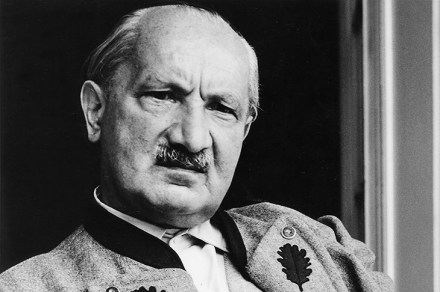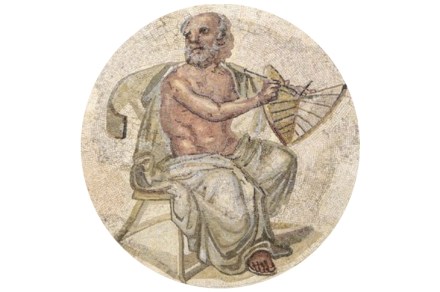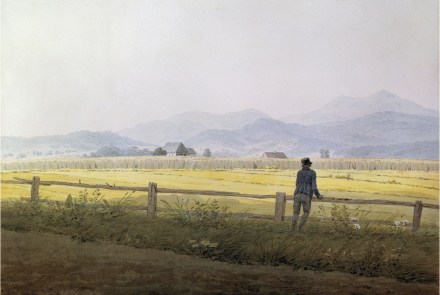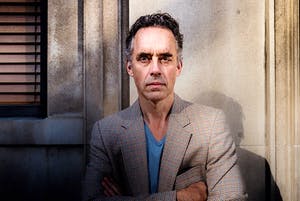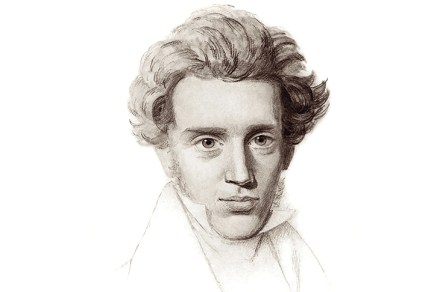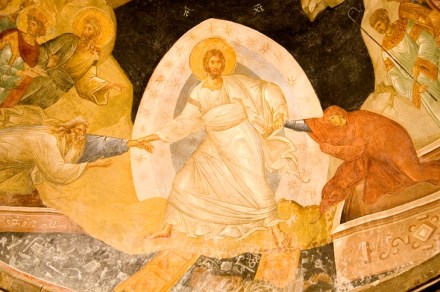The sinister attempts to silence gender critical academics
Academic freedom is vital in a functioning and healthy democracy. But when it comes to questioning and debating ideas around gender identity and sex, many of my colleagues in academia do not appear to agree. The latest glaring example of this came last week. An open letter, signed by over 600 of my colleagues, primarily in academic philosophy, suggested I was personally responsible for ‘transphobic fearmongering’, helping to ‘restrict trans people’s access to life-saving medical treatment’, and serving ‘to encourage the harassment of gender-non-conforming people’. Their pretext was my OBE for services to higher education and academic freedom, awarded in the New Year’s Honours List. Since 2018, I’ve written several




